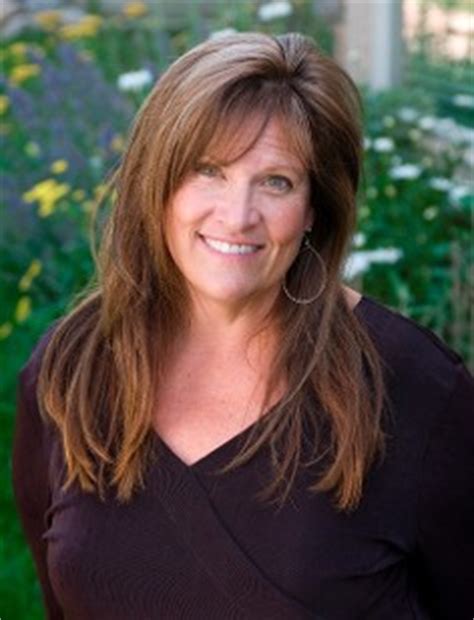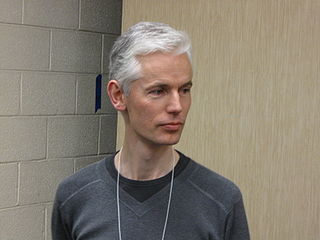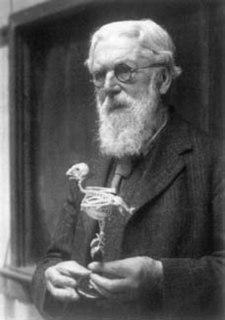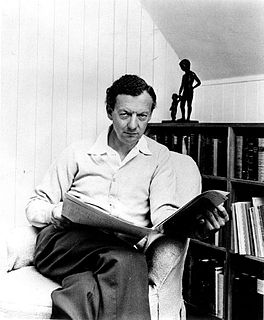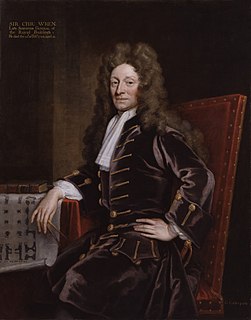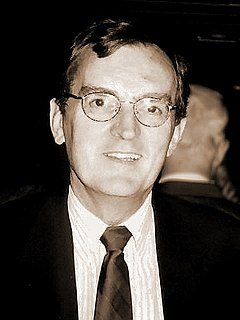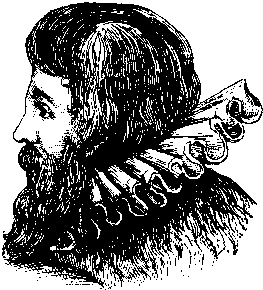Top 1200 Mathematical Beauty Quotes & Sayings
Explore popular Mathematical Beauty quotes.
Last updated on April 14, 2025.
The mathematical is that evident aspect of things within which we are always already moving and according to which we experience them as things at all, and as such things. The mathematical is this fundamental position we take toward things by which we take up things as already given to us, and as they must and should be given. Therefore, the mathematical is the fundamental presupposition of the knowledge of things.
Mathematics is a logical method. . . . Mathematical propositions express no thoughts. In life it is never a mathematical proposition which we need, but we use mathematical propositions only in order to infer from propositions which do not belong to mathematics to others which equally do not belong to mathematics.
Like music or art, mathematical equations can have a natural progression and logic that can evoke rare passions in a scientist. Although the lay public considers mathematical equations to be rather opaque, to a scientist an equation is very much like a movement in a larger symphony. Simplicity. Elegance. These are the qualities that have inspired some of the greatest artists to create their masterpieces, and they are precisely the same qualities that motivate scientists to search for the laws of nature. LIke a work of art or a haunting poem, equations have a beauty and rhythm all their own.
I imagine that whenever the mind perceives a mathematical idea, it makes contact with Plato's world of mathematical concepts... When mathematicians communicate, this is made possible by each one having a direct route to truth, the consciousness of each being in a position to perceive mathematical truths directly, through the process of 'seeing'.
The constructs of the mathematical mind are at the same time free and necessary. The individual mathematician feels free to define his notions and set up his axioms as he pleases. But the question is will he get his fellow mathematician interested in the constructs of his imagination. We cannot help the feeling that certain mathematical structures which have evolved through the combined efforts of the mathematical community bear the stamp of a necessity not affected by the accidents of their historical birth.
To do any important work in physics a very good mathematical ability and aptitude are required. Some work in applications can be done without this, but it will not be very inspired. If you must satisfy your "personal curiosity concerning the mysteries of nature" what will happen if these mysteries turn out to be laws expressed in mathematical terms (as they do turn out to be)? You cannot understand the physical world in any deep or satisfying way without using mathematical reasoning with facility.
Those who assert that the mathematical sciences say nothing of the beautiful or the good are in error. For these sciences say and prove a great deal about them; if they do not expressly mention them, but prove attributes which are their results or definitions, it is not true that they tell us nothing about them. The chief forms of beauty are order and symmetry and definiteness, which the mathematical sciences demonstrate in a special degree.
What makes the theory of relativity so acceptable to physicists in spite of its going against the principle of simplicity is its great mathematical beauty. This is a quality which cannot be defined, any more than beauty in art can be defined, but which people who study mathematics usually have no difficulty in appreciating.
As we speak of poetical beauty, so ought we to speak of mathematical beauty and medical beauty. But we do not do so; and that reason is that we know well what is the object of mathematics, and that it consists in proofs, and what is the object of medicine, and that it consists in healing. But we do not know in what grace consists, which is the object of poetry.
The research worker, in his efforts to express the fundamental laws of Nature in mathematical form, should strive mainly for mathematical beauty. He should take simplicity into consideration in a subordinate way to beauty ... It often happens that the requirements of simplicity and beauty are the same, but where they clash, the latter must take precedence.
An old French mathematician said: "A mathematical theory is not to be considered complete until you have made it so clear that you can explain it to the first man whom you meet on the street." This clearness and ease of comprehension, here insisted on for a mathematical theory, I should still more demand for a mathematical problem if it is to be perfect; for what is clear and easily comprehended attracts, the complicated repels us.
You may object that by speaking of simplicity and beauty I am introducing aesthetic criteria of truth, and I frankly admit that I am strongly attracted by the simplicity and beauty of mathematical schemes which nature presents us. You must have felt this too: the almost frightening simplicity and wholeness of the relationship, which nature suddenly spreads out before us.
Mathematicians are beginning to view order and chaos as two distinct manifestations of an underlying determinism. And neither state exists in isolation. The typical system can exist in a variety of states, some ordered, some chaotic. Instead of two opposed polarities, there is a continuous spectrum. As harmony and discord combine in musical beauty, so order and chaos combine in mathematical [and physical] beauty.
Mathematical demonstrations being built upon the impregnable Foundations of Geometry and Arithmetick are the only truths that can sink into the Mind of Man, void of all Uncertainty; and all other Discourses participate more or less of Truth according as their Subjects are more or less capable of Mathematical Demonstration.
Nonmathematical people sometimes ask me, “You know math, huh? Tell me something I’ve always wondered, What is infinity divided by infinity?” I can only reply, “The words you just uttered do not make sense. That was not a mathematical sentence. You spoke of ‘infinity’ as if it were a number. It’s not. You may as well ask, 'What is truth divided by beauty?’ I have no clue. I only know how to divide numbers. ‘Infinity,’ ‘truth,’ ‘beauty’—those are not numbers.
If there was some sort of mathematical equation for beauty, I don't know if I would be the algorithm. I've always been OK with that. I'm not a supermodel. That's not what I do. What I do is music. I want my fans to feel the way I do, to know what they have to offer is just as important, more important, than what's happening on the outside.
It is not expensive to be beautiful. It takes only a little effort to be presentable and beautiful. But it takes some effort. And unfortunately people think of beauty as luxury, beauty as frivolity, ... or extravagance. Beauty is a discipline, beauty is art, is harmony, in the ideological sense and in the theological sense, beauty is God and love made real. And the ultimate reach in this world is beauty.
If the system exhibits a structure which can be represented by a mathematical equivalent, called a mathematical model, and if the objective can be also so quantified, then some computational method may be evolved for choosing the best schedule of actions among alternatives. Such use of mathematical models is termed mathematical programming.
It is quite clear that beauty does depend on one's culture and upbringing for certain kinds of beauty, pictures, literature, poetry and so on...But mathematical beauty is of a rather different kind. I should say perhaps it is of a completely different kind and transcends these personal factors. It is the same in all countries and at all periods of time.
One might think this means that imaginary numbers are just a mathematical game having nothing to do with the real world. From the viewpoint of positivist philosophy, however, one cannot determine what is real. All one can do is find which mathematical models describe the universe we live in. It turns out that a mathematical model involving imaginary time predicts not only effects we have already observed but also effects we have not been able to measure yet nevertheless believe in for other reasons. So what is real and what is imaginary? Is the distinction just in our minds?
The problem with cinema nowadays is that it's a math problem. People can read a film mathematically; they know when this comes or that comes; in about 30 minutes, it's going to be over and have an ending. So film has become a mathematical solution. And that is boring, because art is not mathematical.
If there was some sort of mathematical equation for beauty, I don’t know if I would be the algorithm. I’m not a supermodel. That’s not what I do. What I do is music. I want my fans to feel the way I do, to know what they have to offer is just as important, more important, than what’s happening on the outside.

